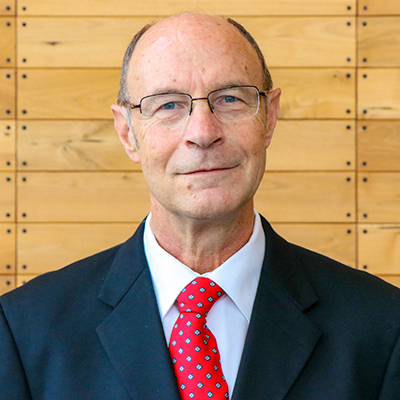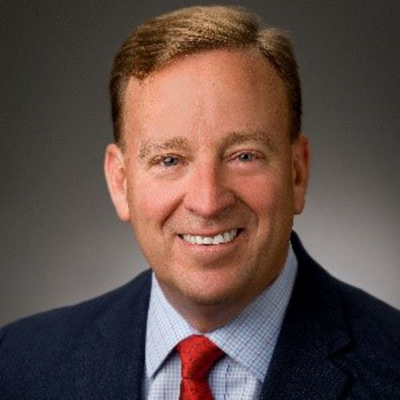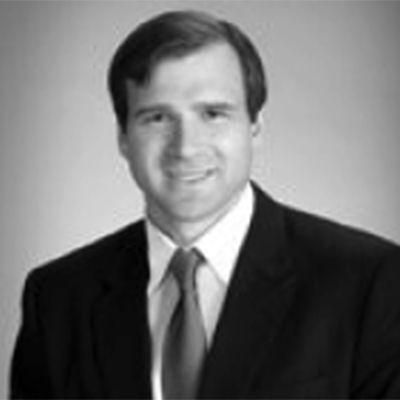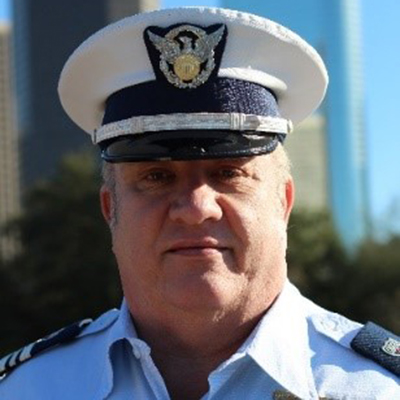Spring Energy Forum: Full Webinar Presentation TIEEP Webinar Series: 2020 Spring Energy Forum
Webinar Overview:
Our speakers, from industry, utilities, and government, will share their experiences and lessons learned from Harvey, especially as they relate to industrial operations, resiliency, and energy efficiency.
The Energy Forum is brought to you by the Texas Industrial Energy Efficiency Program (TIEEP), and the State Energy Efficiency Office (SECO).
Webinar Segment: Harvey and the Beauty of the Steady State

Guest Speaker: Alan Rossiter, Executive Director, UH Energy, University of Houston
Steady operation is one of the keys to good energy efficiency. On the other hand, disturbances are bad for energy efficiency – and Harvey was one BIG disturbance!
This presentation discusses some of the ways that disturbances affect energy intensity, both during routine plant operations and in major incidents like hurricanes, and measures that can be taken to mitigate the effects.
Webinar Segment: Hurricane Harvey and Energy Resilience

Guest Speaker: Kenneth M. Mercado, Senior Vice President of Electric Operations and Technology, CenterPoint Energy
Reliable delivery of energy is the heart of CenterPoint Energy’s mission, and Hurricane Harvey tested and proved the company’s mettle for energy resilience. Harvey was a unique and record-breaking storm, dumping more than 50 inches of rain in southeast Texas, with over one million customers losing power.
Relive how years of CenterPoint Energy’s preparation and investment in grid strengthening measures and smart grid technology enabled electric and natural gas crews’ award-winning response. Discover the role of real-time monitoring, operational situational awareness and data analytics in maximizing the resilience of the energy delivery system in the energy capital of the world.
Webinar Segment: A New Approach to Carbon Sequestration

Guest Speaker: Christopher Knop, CEO, Carbon Sequestration, Inc.
Sequestration has been a hot topic for carbon management for years, but the challenges of pumping huge volumes of gas deep underground are huge. Chris believes there is a better option: bury wood. The approach is simple and scalable, and it has a long, demonstrable, track record. This presentation describes the approach, including the technology and the business opportunity.
Webinar Segment: Hurricane Harvey and Severe Weather Lessons Learned

Guest Speaker: CDR Joseph J. Leonard, Jr. (USCG, ret.), Principal Consultant—PENTA Consortium
The Houston-Galveston-Port Arthur area comprises the largest petrochemical complex in the Western Hemisphere. The complex is supported by an equally large port complex where the calculated direct annual value of waterborne trade exceeds $325.7 billion...that is $825 million a day or $37 million an hour (2018 figures).
Regardless of the cause of the service interruption, the impact locally and nationally is significant. When you look at the minimal interruption during Harvey, Ike, Rita, and Allison, you see a region that is resilient. Resilient because of active and engaged partnerships, effective sharing of information, plans that are practiced and updated, and an undeniable "Can Do" spirit among federal, state, local, and private sector stakeholders who comprise the Marine Transportation System. This presentation reviews these success stories.